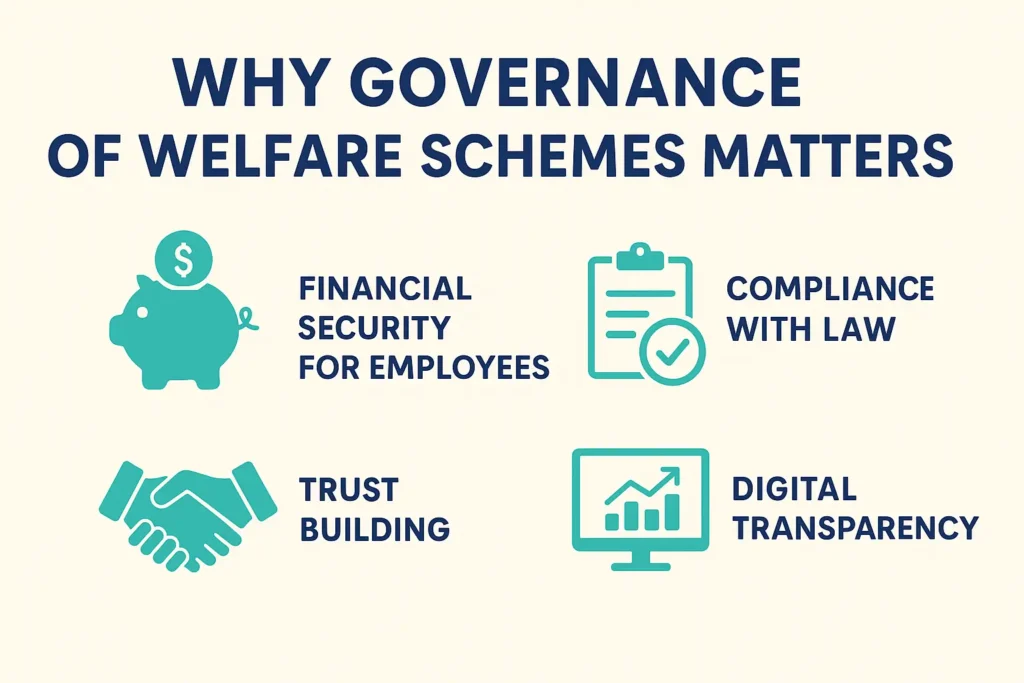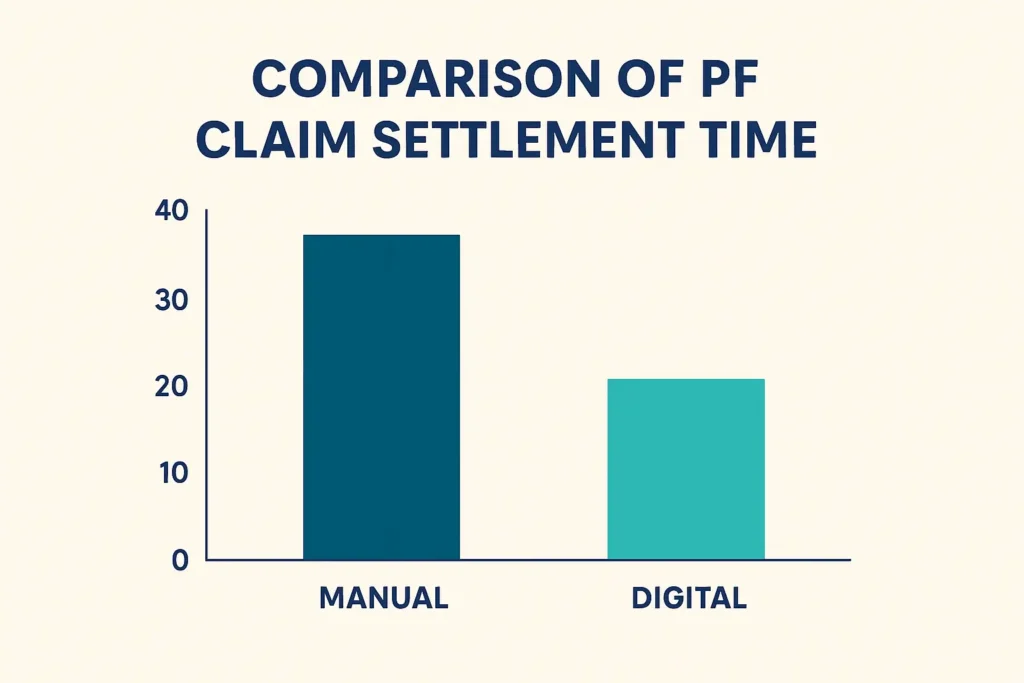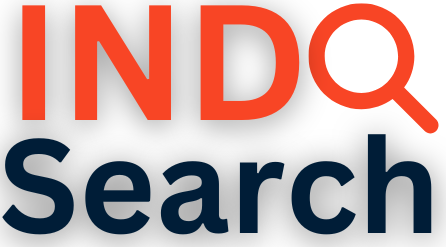In India’s evolving labor landscape, welfare schemes and provident funds (PF) are vital instruments for safeguarding employee benefits, ensuring social security, and supporting financial stability during retirement or emergencies. However, good governance is essential to make these schemes effective, transparent, and accessible.

Platforms like Indosearch help stakeholders—employers, maritime agencies, and welfare boards—navigate compliance requirements, audits, and registrations with greater efficiency.
Why Governance Matters in Welfare and Provident Fund Schemes
Proper governance ensures that these schemes are:
- Transparent – Workers clearly understand their rights and benefits.
- Efficient – Processes like PF registration, claims, and withdrawals are smooth and timely.
- Accountable – Employers and agencies meet their statutory obligations, reducing fraud and delays.
- Digitized – Online portals help track contributions, resolve grievances, and automate compliance.

With initiatives led by bodies like the Employees’ Provident Fund Organisation (EPFO) (epfindia.gov.in), the government is strengthening regulatory oversight to protect millions of workers in both organized and semi-organized sectors.
Key Elements of Good Governance in Welfare and PF Schemes
| Aspect | Current Challenges | Governance Measures |
| Transparency | Lack of awareness among workers | Awareness drives, multilingual online PF dashboards |
| Compliance Monitoring | Manual audits, delayed reporting | Real-time data submission, automated compliance checks |
| Grievance Redressal | Slow dispute resolution | Online grievance portals and mobile applications |
| Fund Management | Risk of misappropriation | Periodic audits by government and third-party agencies |
| Access to Benefits | Complicated claim procedures | Single-window portals and simplified withdrawal systems |
Recent Reforms and Digital Transformation
The shift toward e-governance has improved efficiency in administering welfare schemes and provident funds. Key developments include:
- Unified PF portals – Employees can check contributions, download passbooks, and submit claims online.
- Aadhaar-linked systems – Ensures accurate beneficiary identification and prevents duplication.
- Mobile apps for instant access – Workers receive real-time updates on PF balances and approvals.
- Automated inspections – Labour authorities now use risk-based inspections to ensure compliance.

These reforms are particularly beneficial for industries with a mobile workforce—like shipping and offshore services—where agencies registered under RPSL licenses must ensure timely PF deposits and welfare compliance for seafarers.
Impact on Workers and Employers
For workers:
- Guaranteed retirement savings and social security.
- Easy access to information about their entitlements.
- Faster grievance handling through online tools.
For employers and agencies:
- Simplified compliance reduces penalties and administrative burden.
- Digital audits help build trust with regulatory bodies.
- Enhanced reputation among workers and industry peers.
Organizations like recruitment agencies (RA) (https://www.indosearch.in/ra/) and empanelled doctors (https://www.indosearch.in/doctors/) working in maritime health and safety also rely on structured welfare governance to provide certified services while meeting statutory requirements.
Conclusion
Good governance of welfare schemes and provident funds is not just a regulatory requirement—it is a social commitment. With digital reforms, better audits, and structured compliance mechanisms, both workers and employers benefit from improved transparency, faster processes, and enhanced trust.
By adopting technology-driven solutions, industries—particularly dynamic sectors like shipping—can ensure that employee welfare remains a top priority, supporting economic growth and protecting the workforce.
